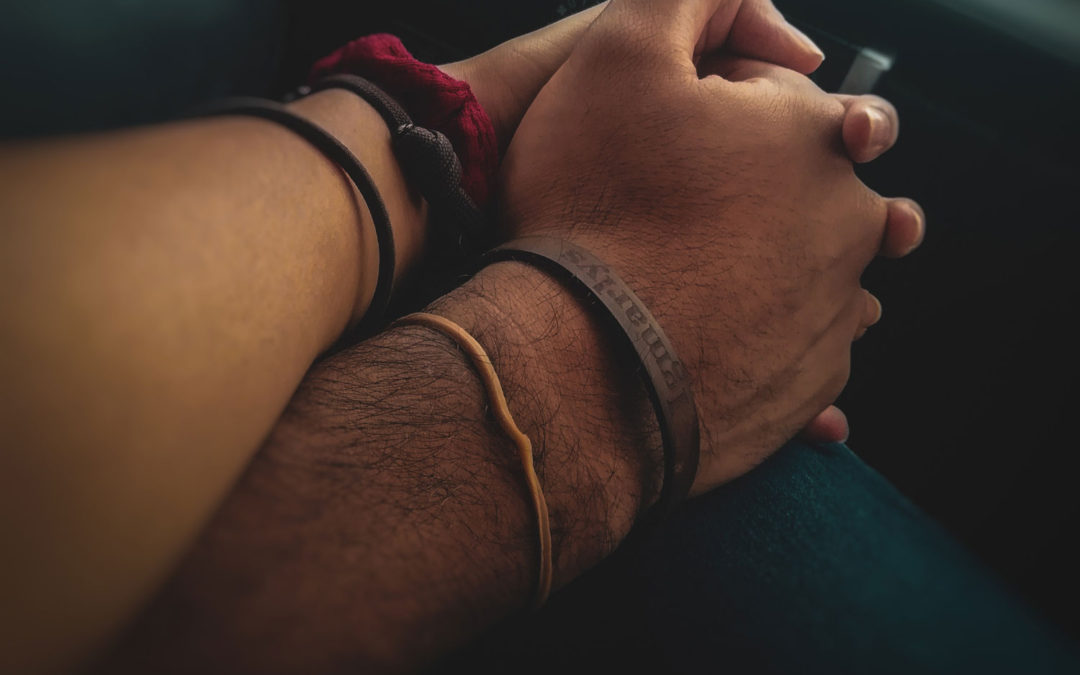Loss can feel like a ton of bricks falling on top of you. You will express a wide array of emotions, yet unsure of what the future will be like without that person in your life. Many individuals have experienced relationship loss, whether it was friends, family, and any other close connections. The brain goes through different stages when a person is going through a loss. The brain has a reward center within the limbic system. The limbic system is the control center for emotional responses and controls the release of a chemical substance produced by the body called dopamine. Dopamine makes us feel good, even euphoric. Being in a relationship triggers the brain’s reward center, just as taking a drug. In addition, being out of a relationship can trigger feelings of depression and anxiety. The emotional response becomes intertwined with a physical response, each supporting the other. This is another reason why we cannot walk away from a relationship so easily; we want to feel good and not go through the pain of that loss. In a way, we get addicted to “feeling good” and recognizing the pleasure that comes with that relationship.
So, what does it mean to be dependent in a relationship?
The brain creates an “expectation of pleasure” from a specific activity and in this case, it is the relationship. And we can determine what might cause distress as the release of dopamine to avoid the fears we have. Relationships can have ups and downs, especially when the novel relationship hits reality or goes past the “honeymoon phase”. However, when the lowered states of “feeling good” are frequent, the individual could create impossible conditions for pleasure, which can impact the overall relationship.
How to move forward?
All of us who have experienced a relationship loss create some type of closure to justify the break-up and the aftermath. This is how the brain copes through painful experiences. The first step is to name the loss, figure out why it might have happened, determine how we can recover, and eventually, accept it. It is normal to experience grief and sadness when a relationship ends. A healthy closure can provide a broader perspective of the self and the partner involved. Another symptom of relationship loss is resentment of the past or even guilt about how the relationship “should” have been and what it was. Being able to forgive oneself and consider your options to move forward helps you reach a healthy closure.
Something to ponder…..
The road to mending oneself after a relationship loss is not easy and it should be normalized that the process can look different from person to person. A quote that I think about when I end a relationship with someone is, “Sometimes good things fall apart so better things can fall together.” ~Marilyn Monroe
Nadia Raza is an intern counselor at Greenway Therapy. Learn more about her on her BIO page.





